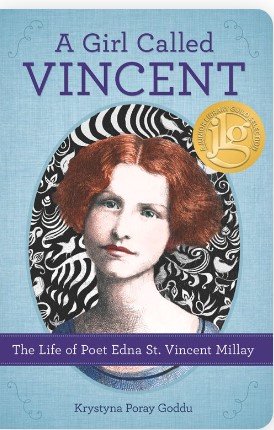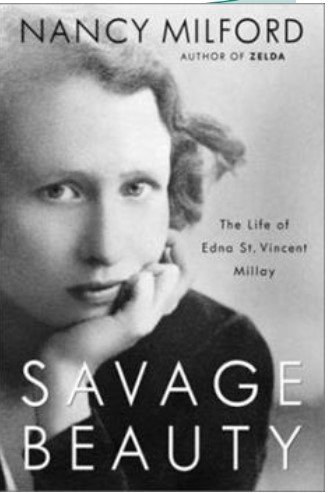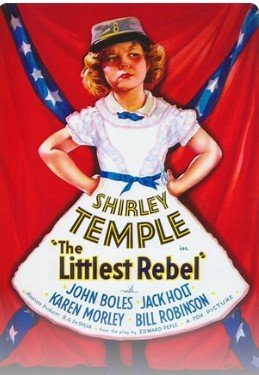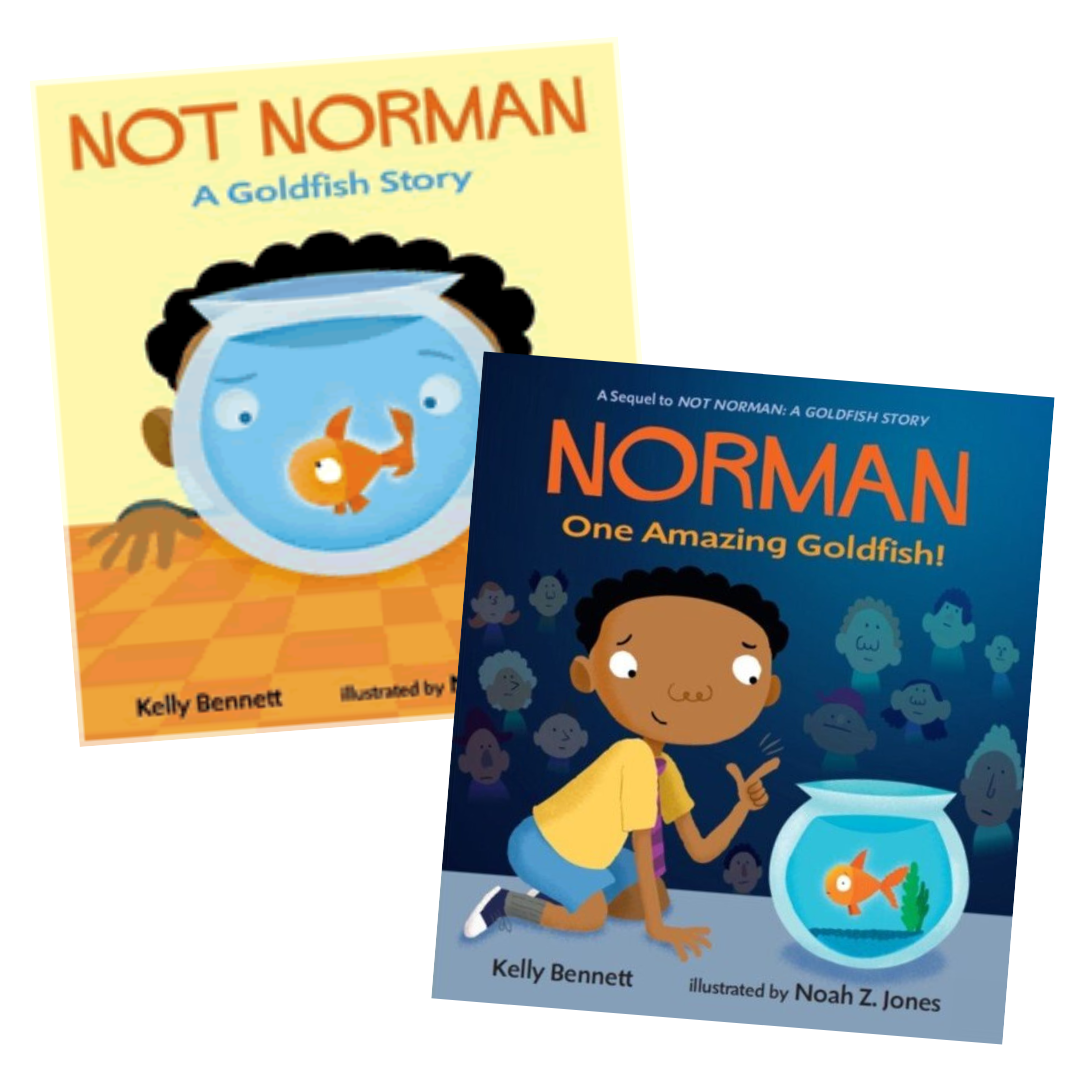Poetry Challenge #284-Play Like Millay
In 1912, when Edna St. Vincent Millay was 19, she entered a poetry contest with her poem “Renascence” which begins, “All I could see from where I stood”. She was given 4th place—and no prize. When the contest entries were published, many people felt Millay’s poem was better than the three men who had won money.
But, maybe losing the contest was the best thing for young Millay. Because people were outraged, she received national publicity.
She was invited to give a poetry reading in Maine where a wealthy woman became her benefactor and sent her to college.
In 1923, Millay won a Pulitzer Prize for poetry.
Edna St. Vincent Millay was the first woman and second person to win the award. Take that silly contest judges!
She won for her poem "Ballad of the Harp-Weaver” from the collection A Few Figs in the Thistle, published Jan 1, 1920. That’s prize winner isn’t even the most well-known poem in the collection; this is:
‘First Fig‘ was published in A Few Figs From Thistles.
Poetry Challenge #284
Play like Millay!
Because it’s her birthday, February 22 (1892-1950), let’s play!
Pick a line from a poem by Edna St. Vincent Millay and write your own poem from that line. Here are some lines from Edna St. Vincent Millay’s poems:
All I could see from where I stood
What lips my lips have kissed, and where, and why
Time does not bring relief; you all have lied
I know what my heart is like
To what purpose, April, do you return again?
Set Your Timer for 7 Minutes
Start Writing!
Don’t Think About it, Play like Millay!
Edna St. Vincent Millay was a fascinating character. Here are 2 excellent biographies about her. A Girl Called Vincent for young readers & Savage Beauty for everyone else!
Cindy Faughnan and I began this 7-Minute Poetry Challenge 2400+ days ago. Now we take turns creating prompts to share with you. Our hope is that creatives—children & adults—will use our prompts as springboards to word play time. If you join us in the Challenge, let us know by posting the title, a note, or if you want, the whole poem in the comments.
Click on Fishbowl link and sign up to receive email notifications from Kelly's blog (aka The Fishbowl):
All who subscribe, comment or share a poem will be entered in . . .
Poetry Challenge #283-Mughal Princess Poetry
There are princesses among us, walking, talking, working—using royal for good now* and then 350 years ago, confined to life behind harem walls writing poetry!
Imagine Zeb-un-Nisa*, a Mughal princess born Feb 15, 1638, wrote poetry that, centuries later is still being read, translated, published!
“Impatient were my hands , and in their haste
Never could they untie the knot of fate ,
So vain it is to wail my life laid waste,
My hours unfortunate .
And strange it is that even in my heart
The sweet tormenting flame of my desire
Is; quenched; impatiently I pulled apart
The brands and killed the fire
And never did the blossoms of success
Within my hope’s enchanted garden bloom
And my fair beacon-light of happiness
Is sunk in gloom
Faithless Beloved, many friends are Thine
So many love and have been loved by Thee,
They give their hearts, what cares Thou for mine
What need hast Thou of me”
Zeb-un-Nisa means “Jewel among Women.” She was the eldest daughter of Prince Muhi al-Din Muhammad (the future Emperor Aurangzeb) and his first wife and chief consort, Dilras Banu Begum. Her grandfather was Emperor Shah Jahan—yes, the one who built the Taj Mahal! (If you’d like to learn more about the Mughal empire, Shah Jahan & the love of his life and why the Taj Mahal came to be, read Taj by Timeri N. Murari, told partly from the viewpoint of a stone cutter building the Taj.)
As happens among Royals, turmoil, strife, back biting and in-fighting ensued. Zeb-un-Nisa was imprisoned (not sure how different that was from “confined in harem”) and died in 1702. But that’s not what this is about.
This is about how, in the midst of it all, Zeb-un-Nisa sequestered in the royal harem, wrote poetry, and impudent imp that she was, “used to secretly participate in hidden literary and poetry parties.”…As the years passed Zeb-un-Nisa began to write under the pen name Makhfi meaning “the hidden one. In all, Zeb-Un-Nisa is said to have written more than 15,000 verses.
What’s amazing, and cause enough to celebrate her, is that centuries later, her poetry is still be read, translated & published!
Poetry Challenge #283
Mughal Princess Poetry
Take a moment to read one of Zeb-un-Nisa’s poems. Notice how the translators took care to maintain the old world feel of the poem through language and rhyme scheme.
Choose a few lines or stanza from one of Princess Zeb-un-Nisa’s poems. Using the princess’s words as inspiration, see if you can’t use modern phrasing, line breaks, images to update the poem from the 17th Century to the 21st Century while still evoking the same feelings and sentiment.
Set Your Timer for 7 Minutes
Start Writing!
Don’t Think About it, write it!
*Carrie Pearson’s forthcoming picture book, Real Princesses Change the World features real-life modern royals working, inventing, striving!
Cindy Faughnan and I began this 7-Minute Poetry Challenge 2400+ days ago. Now we take turns creating prompts to share with you. Our hope is that creatives—children & adults—will use our prompts as springboards to word play time. If you join us in the Challenge, let us know by posting the title, a note, or if you want, the whole poem in the comments.
Click on Fishbowl link and sign up to receive email notifications from Kelly's blog (aka The Fishbowl):
All who subscribe, comment or share a poem will be entered in . . .
Poetry Challenge #282-The Littlest Rebel
Kate Chopin, did not lead a life in keeping with prim Victorian images of her captured on film.
Born Katherine O’Flaherty, in St. Louis, Missouri on Feb. 8, 1805, Kate had, as they say, the fiery temperament of a redhead (although whether she actually was a redhead, is hard to tell), and as a young girl, she earned a reputation as the "Littlest Rebel" when she tore down a Union flag that had been tied to her front porch by Yankee soldiers.
In spite of her “wild streak” (or maybe because of it—she was involved with those suffragettes after all) Kate was popular in St. Louis society. At 19, she married Oscar Chopin, a twenty-five-year-old French-Creole businessman who whisked her off to Louisiana. Despite relatives who warned him not to, Oscar “treated Kate as an intellectually equal, and didn’t mind that she smoked, drank, and behaved as her own person.”
The Awakening was considered dreadfully immoral at the time, although The NY Times praised her writing.
Fortunately for fans of her work—unfortunately for Kate and her six children—Oscar died of Swamp fever when our Kate was 33. She returned to St. Louis, took up the pen, and wielded it boldly.
Kate Chopin is considered one of the first feminist authors of the 20th century. Her second and last novel Awakening (published in 1899; rediscovered in the 1950s), is her most famous work, as well as the most infamous. Although she never published another novel, Chopin wrote about 100 short stories and poem, too, Here’s one example:
Poetry Challenge #282
Littlest Rebel
Notice how Kate began each stanza of “By the Meadow Gate” with the same line, and ends it with an echo?
For this prompt, use all of part of the first line of “By the Meadow Gate” as the first line of your poem. And, just as she did, begin and end the stanza (or stanzas) the same way.
However, in celebration of Kate Chopin’s wild streak, unlike her sweet poem, let yours veer as far as you dare to the wild side!
Set Your Timer for 7 Minutes
Start Writing!
Don’t Think About it, Write it!
Wonder if this movie starting Shirley Temple was inspired by Kate Chopin? Might have to rewatch it and see!
Cindy Faughnan and I began this 7-Minute Poetry Challenge 2400+ days ago. Now we take turns creating prompts to share with you. Our hope is that creatives—children & adults—will use our prompts as springboards to word play time. If you join us in the Challenge, let us know by posting the title, a note, or if you want, the whole poem in the comments.
Click on Fishbowl link and sign up to receive email notifications from Kelly's blog (aka The Fishbowl):
All who subscribe, comment or share a poem will be entered in . . .
What Inspires Me? J. Ivy
If you’re reading this, the 2023 Grammy Award ceremony is over. If you watched, you watched history being performed as the nominees and winners of a brand-new award category were announced:
Best Spoken Word Poetry Album
Whether you know it or not, poetry is alive and slammin’ in classrooms, coffeehouses— between b-ball games and cheer practice—gyms all over! Yes, Poetry!
Amanda Gorman brought poetry to the attention of the voting public when she read her poem, “The Hill We Climb,” at Biden’s Inauguration in 2020.
But J. Ivy! By pushing, urging, writing letters, campaigning, insisting Spoken Word Poetry Albums be recognized as Grammy Worthy, Poetry—performance poetry—vibrant poetry—the spoken word is now right up there with Pop, Country Western, Blues…Spoken Word Poetry is the 1st or 91st of the 2023 91 Grammy Award Categories! As it should be, for as J. Ivy said in an interview shortly after the new Grammy category was announced:
“Poetry is at the base, the root, of song.”
While being nominated—perhaps winning (if you’re reading this you know)— was not J. Ivy’s reason for pushing for the Best Spoken Word Poetry Album category being added. His purpose was to give performance poetry it’s due and to help poetry creators & performers to be heard. After the category was added, he helped 20 or 30 other poet’ work through the award consideration submission process. But once you’re heard J. Ivy. you know he deserved a place on the list—in my opinion, at the top!
He’s nominated for his fourth album, 2022’s “The Poet Who Sat By The Door.” It’s a spoken word-musical opus that features contributions from Legend as well as Slick Rick, PJ Morton, Sir the Baptist, BJ the Chicago Kid and a number of other talents.
This year, J.Ivy is nominated alongside five other “Spoken” albums by, among others, Dave Chappell and our former POTUS Barrack Obama—none of which are poetry albums. The goal—J.Ivy’s goal for next year’s Grammys is to have “All five performers nominated be poets!”
Now that’s inspiring!
If, like me, you’re craving more of J. Ivy’s work, click over to J. Ivy’s YouTube Channel @JIvyTube settle back and enjoy!
Fin Pal asks Norman: What's for Dinner?
What is your favorite food? Do you think you and Norman would like it? Do you think Norman has a favorite food? If so, what do you think it is?
Ready to read Norman’s answer? Scroll down . . .
Glug
Glug
Glug . . .
But first a finny:
Q: Why are fish so easy to weigh?
Q: Why are fish so easy to weigh?
A: Because they have their own scales.
Do you have a question for Norman the Goldfish- about friends, school, pets, family, life in and outside the fishbowl? Send him a letter!
Don’t forget to order your copy of NOT NORMAN: A GOLDFISH STORY and NORMAN: ONE AMAZING GOLDFISH!!
Poetry Challenge #281-Judicious Pruning
In my current silly state of mind, couldn’t resist riffing off of a Cole Porter standard* to introduce today’s prompt. After all, it’s February 2nd—Groundhog’s Day—and whether or not that frisky little fellow scurried back inside or not, Spring is just around the corner.
“Gardeners do IT!
Chef’s do IT!
Even top excec-u-ets do IT!
Let’s do it! Let’s . . . ”
There are many weak words in the English language. Anytime you want to strengthen your writing, look for them and delete them. I keep a list to refer to, and add to this list whenever I notice words I overuse.
You might start out with this list:
Cutting away the chaff is especially helpful in a poem where you don’t have many words. Each word must help convey the picture/feeling/sound that you are trying to get. Words that are more specific are stronger because they help the reader create a clearer picture.
Poetry Challenge #281
Judicious Pruning
Find a poem you’ve written that has a feeling you like. Use the following steps to see whether you can make it better.
1) Read the poem and watch for words used more than once. Can you change these words?
2) Check for each of the weak words listed above. (Feel free to add other words that you think are weak.) Delete these weak words and rewrite the line as needed.
3) Look for your nouns (People, places, or things). Is there a better word that creates a more specific picture?
4) Are you using sound? Watch for repeating sounds or see where you can add some.
5) Read your poem aloud.
6) Have someone else read your poem aloud while you listen.
Set Your Timer for 7 Minutes
Start Writing!
Don’t Think About it, Chop-Chop-Chop!
*Did you recognize which Cole Porter song inspired the riff? Send the title in the comments and you’ll be entered in the next quarter’s Winner-Winner Chicken Dinner Giveaway!
Cindy Faughnan and I began this 7-Minute Poetry Challenge 2400+ days ago. Now we take turns creating prompts to share with you. Our hope is that creatives—children & adults—will use our prompts as springboards to word play time. If you join us in the Challenge, let us know by posting the title, a note, or if you want, the whole poem in the comments.
Click on Fishbowl link and sign up to receive email notifications from Kelly's blog (aka The Fishbowl):
All who subscribe, comment or share a poem will be entered in . . .
HAPPY WORLD READ ALOUD DAY! 2023
Happy World Read Aloud Day 2023!
that’s worth repeating:
Happy World Read Aloud Day 2023!
Isn’t amazing! All over the world people are stopping whatever they are doing, grabbing a book, and a friend so they can READ! READ! READ!
ME Too!
And now you!
World Read Aloud Day is about celebrating the power of reading aloud. It was created by the non-profit organization LitWorld, “with the aim of bringing people and communities together through the power of words.” The event is now celebrated by over 173 countries around the world.
How exactly do we celebrate?
We grab a book and a friend and read!
I have the book: Shel Silverstein’s Where The Sidewalk Ends.
I hope you’ll be my friend!
Ready! Set! Click on my “Happy World Read Aloud Video” if you don’t see it below, it’s on my YouTube Channel: Kelly Bennett Books!
For more about Shel Silverstein—including a 7-minute Poetry Challenge, Lucky you! It just so happens a few months ago, right here in the Fishbowl, we featured Shel Silverstein in “Upside Down & Sideways".
What Inspires Me? The Third Act
This has been a wrenching few weeks. My dearest, long-time adult friend, John, passed away suddenly mid-December. (“Adult” as in we were of-age when we met, not that we were grown-ups.) We returned from his memorial Monday and then attended another memorial Tuesday for Bob Lupone, co-founder of the MCC Theatre, as well as an actor, primarily a dancer—the first Chorus Line Zach, in fact. (And yes, he was Patti Lupone’s brother.)
Robert Lupone, “Zach” with ”Cassie” in Chorus Line
I’m not going to talk about John here, but this is for him and about him, too, so bear with me.
Bob Lupone wasn’t a “friend,” but through MCC he was a part of our lives. MCC, the Manhattan Class Company, is an Off-Broadway Theatre Company he founded along with his maybe first adult friend, Bernie Tesley in the mid-80s—, the same time John and I began cooking together in the New Harvest kitchen. When they founded the MCC with a mission: “To create new work for the American stage.”
Almost 40 years later, the MCC is renowned for staging new plays—many that have gone on to bigger and more. And most importantly, MCC it is committed to and renowned for workshopping, developing, nurturing new playwrights.
In the MCC to tribute to Bob Lupone and at his memorial, many who spoke or shared written testaments talked about how much he loved discussing the work during creation of a play and performances. How they would “walk out of the theater anxious to go to the bar or restaurant and spend the rest of the night hashing over what [they] had seen?” And how, when developing plays he always asked the tough questions.
Lupone called that, the part that sticks with us afterwards, the things that keep us returning, remembering, making us think, keep us savoring the meal long after the dishes have been done, The Third Act.
“Whenever we considered a play Bob always made us ask ourselves if it had a ‘third act’? ”
Jubilee by Ellen Yeomans is A Third Act
A Third Act! Life beyond the stage, the page—afterlife.
When working with picture book creators—either workshopping our own work or discussing/dissecting published picture books—books we wish we’d written and those we are glad we didn’t—much of the conversation is about that after. The Third Act!
For lack of a better term, I call it the “about-about” as in sure we know what happens in the story but what is it really about? What is a reader left with afterwards? What’s the take-away? And what keeps us returning to the same story over and over again? Now I have a better name for it “The Third Act.”
Since John passed, we all—John’s family and friends—have been sharing photos and memories. Below are a few from our big-belly-laugh moments:
Give Me Somebody to Dance With
Tourists in Turks: John and me at L&R’s wedding
Play Me the Music!
“Baby you can drive my car!”
Give Me a Reason to Dance
John at M&M’s wedding. That’s not me dancing with him—wish it were!








































